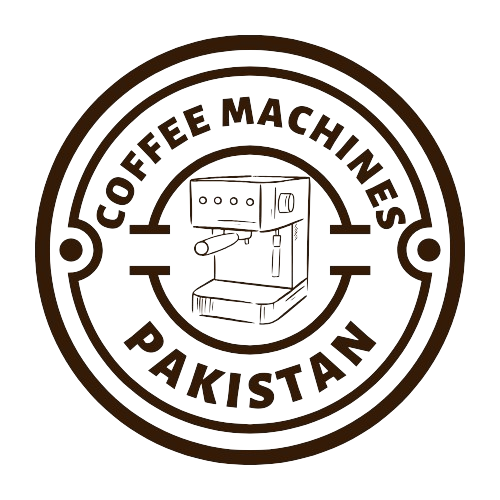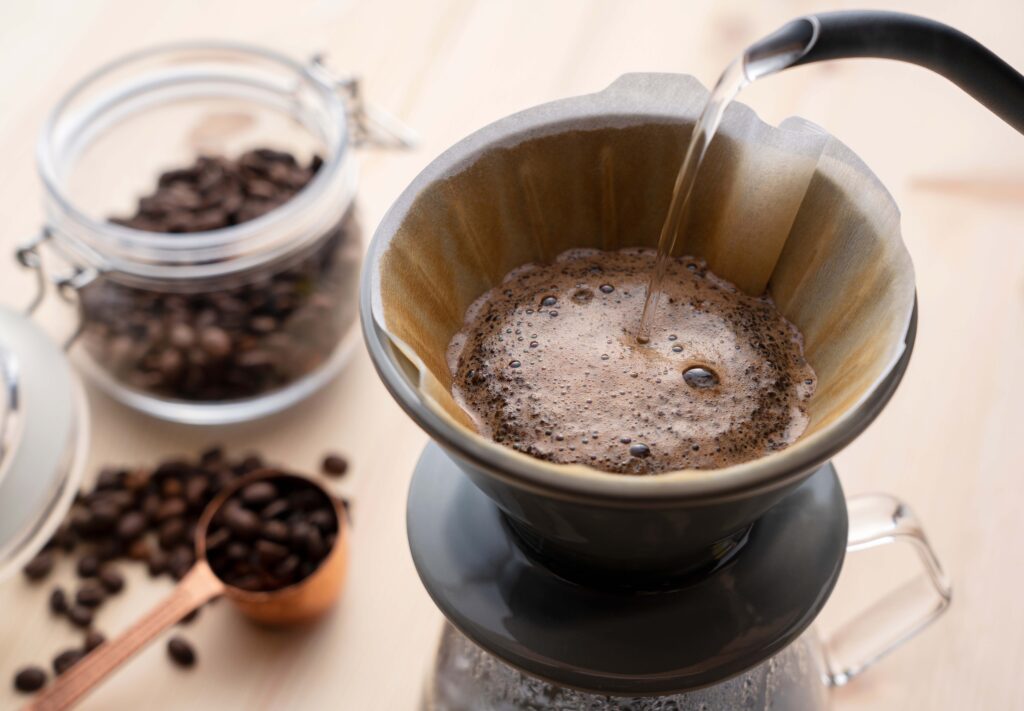

When it comes to brewing the perfect cup of coffee, many cafe owners focus on the quality of the coffee beans or the type of coffee machine they use. However, there's one essential factor that often gets overlooked: water quality.
Believe it or not, water plays a huge role in coffee flavor and extraction. In fact, water makes up about 98% of your coffee, so its quality directly impacts the final taste.
Good water quality ensures your coffee tastes as it should—smooth, rich, and full of flavor. Poor water, on the other hand, can result in a bitter or flat cup of coffee, and may even affect your coffee machine. If you're also interested in troubleshooting coffee machines, you’ll find that water quality can play a crucial role in maintaining your equipment.

Water is the foundation of every cup of coffee, which is why its quality is critical. If the water is too hard, too soft, or contains unwanted minerals, it can lead to poor extraction and unpleasant flavors. Cafes rely on consistent water quality to create the perfect coffee experience for their customers.
High-quality water ensures that coffee extracts evenly, resulting in balanced flavors. If the water quality is off, you might notice that your espresso doesn’t have a rich crema, or your drip coffee tastes flat. To avoid this, consider investing in water filtration for coffee and ensuring your cafe's water quality is top-notch.
After all, a consistently great coffee experience is what keeps customers coming back for more. If you want to learn more about the importance of using the right equipment, visit our page on Commercial Coffee Machines.
You may have heard of hard and soft water, but what’s the difference, and why does it matter for coffee brewing? Hard water contains higher levels of minerals, such as calcium and magnesium.
While this can give your coffee a fuller taste, it can also cause mineral buildup in your coffee machine and leave a bitter aftertaste in your brew.
Soft water, on the other hand, has fewer minerals, which means it’s less likely to leave buildup. However, if the water is too soft, it can lead to over-extraction, resulting in coffee that tastes weak or underwhelming. Striking the right balance is crucial for brewing the best coffee.
To ensure optimal brewing, you’ll need to test and adjust the mineral content in your water based on your brewing method. This is especially important for cafes using coffee machines in Pakistan, where local water quality can vary widely.
Different brewing methods require different water qualities. For example, espresso machines work best with water that has a balanced mineral content and optimal temperature. On the other hand, pour-over coffee and French press methods might benefit from slightly softer water.
If you’re brewing espresso, high mineral content is essential for extracting the right flavors and crema. However, if you’re using a French press, you might want to use softer water to avoid overly bitter results.
Each brewing method has specific water requirements, and adjusting your water accordingly will help you achieve the best results. It's crucial to tailor your water to the brewing process to avoid common issues such as poor extraction or unwanted flavors.
So, how do you know if your water quality is poor? One of the most obvious signs is a bitter or off-tasting coffee. If your coffee is flat, lacking in flavor, or has a metallic aftertaste, it’s time to check your water.
Poor water quality can also lead to mineral buildup in your coffee machine, which can affect its performance and shorten its lifespan.
To keep your coffee tasting great and your equipment in top shape, be sure to regularly check the quality of your water. Cleaning your machines and using proper water filtration can prevent these issues, ensuring your coffee tastes fresh every time.
Investing in the right water filtration systems for coffee brewing can help you avoid all the issues mentioned above.
Filtration systems like activated carbon filters and reverse osmosis systems can remove impurities from the water, ensuring it’s pure and ideal for brewing. These systems also help to reduce scale buildup in coffee machines, prolonging their lifespan.
Regular water testing is also a key practice. Make sure your cafe’s water quality is consistently monitored to maintain a steady and clean supply of water. With a proper filtration system, you can enjoy better-tasting coffee while also keeping your equipment in good condition.
Choosing the right water depends on your region and the type of coffee you serve. In Pakistan, the water quality can vary greatly depending on the city and local supply. It’s essential to understand the specific needs of your area and choose a filtration system that works with the local water composition.
For instance, if you live in an area with hard water, a water softener might be necessary. On the other hand, if your water is too soft, you may need to adjust the mineral levels to achieve better extraction. The goal is to find a water profile that enhances the flavors of your coffee, not overpower them.
Once you’ve set up your water filtration system, maintaining consistent water quality is essential for delivering a consistent coffee experience. Regularly clean your filtration systems and monitor the water quality to ensure that it remains optimal.
You can also invest in a water quality monitoring system that tracks mineral levels and pH, helping you stay ahead of any issues before they affect your coffee. By maintaining consistent water quality, you ensure that your customers enjoy the same great coffee every time they visit.
When water quality improves, so does the taste of your coffee—and your customers will notice. Higher-quality water leads to better coffee, which can lead to improved customer satisfaction and positive reviews. Customers can tell when the coffee is made with high-quality water, and this can make all the difference in their experience.
If you're committed to serving top-quality coffee, maintaining good water quality should be a priority. By investing in water filtration systems and regularly checking water quality, you show your customers that you care about the details that make their coffee special.
In the end, the key to brewing the perfect coffee lies in the quality of your water. By ensuring your cafe uses the best possible water and filtration systems, you can provide your customers with exceptional coffee every time. Regular maintenance, testing, and the right equipment can help you achieve this.
If you're looking to improve the quality of your coffee, start with the water. It's one of the simplest yet most impactful changes you can make.